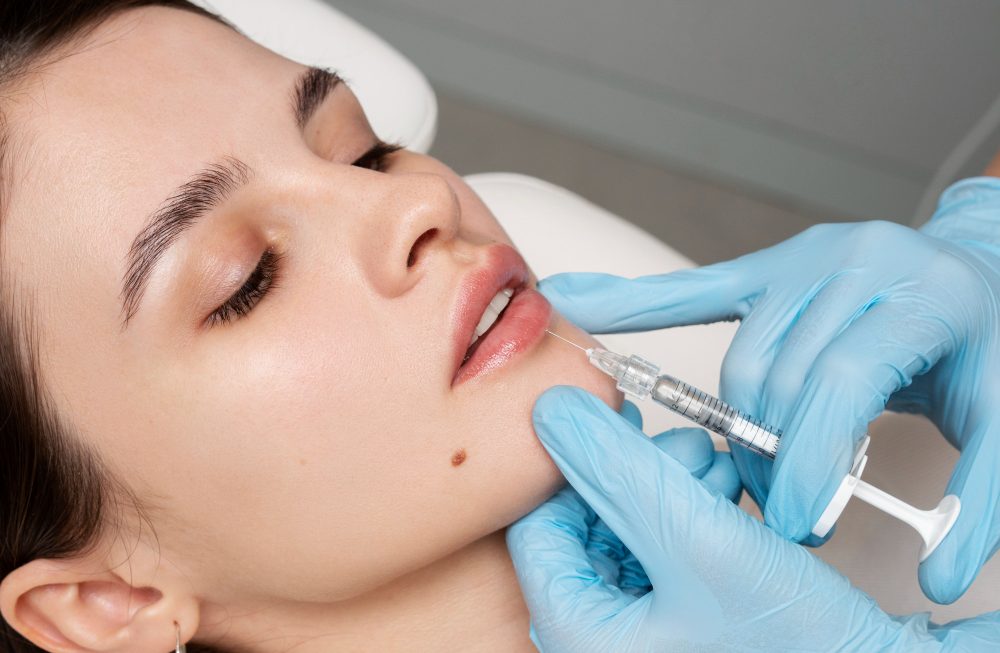A tooth abscess can be an excruciatingly painful dental condition caused by a bacterial infection in the tooth or surrounding gum tissue. While seeking professional dental care is always recommended for proper diagnosis and treatment, there are times when immediate relief is needed, especially if you’re unable to see a dentist right away. In such cases, draining a tooth abscess at home can provide temporary relief from pain and discomfort. However, it’s essential to proceed with caution and follow proper techniques to avoid complications. Let’s explore some home remedies and techniques for draining a tooth abscess safely and effectively.
Easing Pain and Reducing Inflammation
A warm saltwater rinse is a simple yet effective home remedy for alleviating pain and reducing inflammation associated with a tooth abscess. Saltwater has natural antiseptic properties that can help kill bacteria and promote healing. To prepare a saltwater rinse, dissolve a teaspoon of salt in a glass of warm water and swish it around in your mouth for 30-60 seconds before spitting it out. Repeat this process several times a day to help cleanse the affected area and provide relief from discomfort.
Numbing the Pain
Applying a cold compress to the outside of the cheek near the affected tooth can help numb the area and reduce swelling and pain associated with a tooth abscess. Simply wrap a few ice cubes in a clean cloth or towel and hold it against the affected side of your face for 10-15 minutes at a time. Be sure to take breaks between applications to avoid overexposure to cold temperatures. Cold therapy can help constrict blood vessels, numb nerve endings, and provide temporary relief from discomfort.
Managing Pain and Inflammation
Over-the-counter pain medication such as ibuprofen or acetaminophen can help manage pain and inflammation associated with a tooth abscess. These medications can provide temporary relief from discomfort while you wait to see a dentist. Follow the manufacturer’s instructions and dosage recommendations carefully, and avoid exceeding the recommended dosage to prevent adverse effects. If you have any underlying medical conditions or are taking other medications, consult with a healthcare professional before taking pain medication.
Minimizing Discomfort
Tooth abscesses can be extremely sensitive to pressure, so it’s essential to avoid putting pressure on the affected tooth or surrounding area. Avoid chewing on the side of your mouth where the abscess is located, and opt for soft foods that require minimal chewing. If necessary, use the opposite side of your mouth to chew food to reduce discomfort and prevent further irritation to the abscess. Be gentle when brushing and flossing to avoid aggravating the abscess and causing additional pain.
Natural Antibacterial Rinse
Oil pulling is an ancient Ayurvedic practice that involves swishing oil around in the mouth to remove bacteria, toxins, and debris. While there is limited scientific evidence to support its effectiveness, some people find oil pulling to be a soothing and beneficial home remedy for dental issues, including tooth abscesses. Coconut oil, sesame oil, and olive oil are commonly used for oil pulling. Simply swish a tablespoon of oil in your mouth for 15-20 minutes before spitting it out, then rinse your mouth with warm water.
Nature’s Antibiotic
Garlic is renowned for its potent antibacterial and anti-inflammatory properties, making it a popular home remedy for various health conditions, including tooth abscesses. Crush a clove of fresh garlic to release its active compounds, then apply it directly to the affected tooth or gum area. Alternatively, you can chew a clove of garlic or incorporate it into your meals to harness its therapeutic benefits. Garlic may help reduce pain, kill bacteria, and promote healing of the abscessed tooth.
Essential for Proper Treatment
While home remedies can provide temporary relief from pain and discomfort associated with a tooth abscess, they are not a substitute for professional dental care. It’s essential to seek prompt treatment from a dentist to address the underlying cause of the abscess and prevent complications. A dentist can drain the abscess, prescribe antibiotics to clear the infection, and recommend appropriate dental procedures to restore oral health. Delaying or avoiding professional dental care can lead to worsening symptoms, spread of infection, and potential tooth loss.



